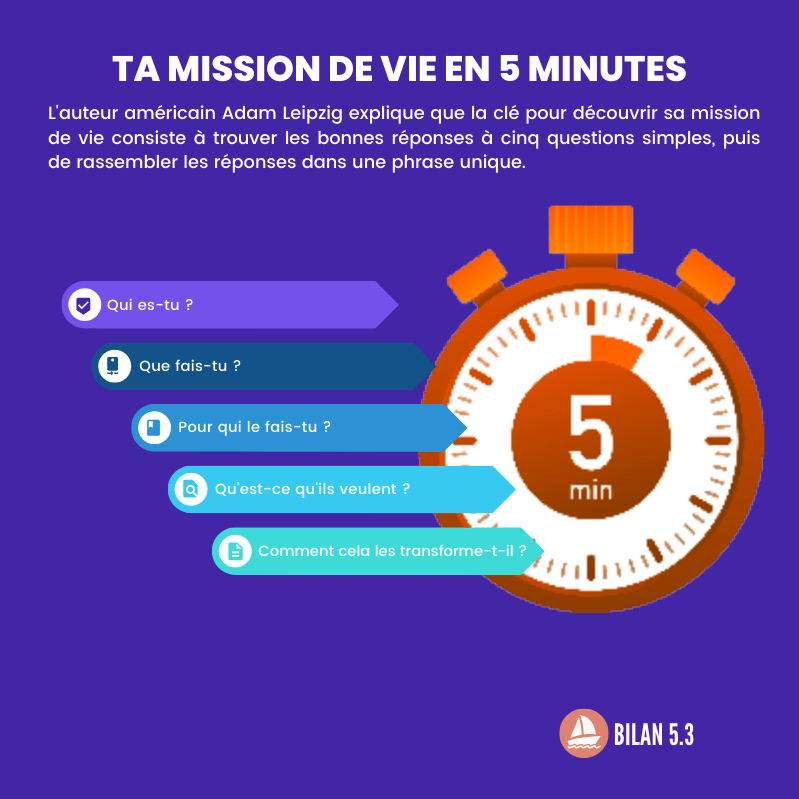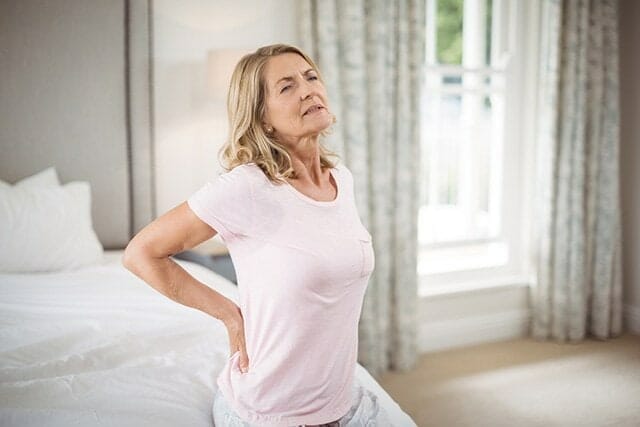Cancers, Alzheimer’s, AIDS… For the majority of the general public (51%) and doctors (62%), the main progress to come will be directly linked to medical research. However, trust does not reign in all areas.

According to a study* carried out by the future health observatory of the VYV Group, 70% of French people think that in the years to come, progress should accelerate and allow great advances in health. An optimism shared by doctors, at 69%.
“We wanted to address the question of the future of medicine and health in France by having a double approach: the point of view of the general public and doctors”, specifies Aurélien Preud’homme, study director at Viavoice. The survey reveals in particular that for the general public (51%) and especially for doctors (62%), the main progress to come will be directly linked to medical research. Overcoming serious illnesses such as cancer, Alzheimer’s or AIDS is, for the majority, possible in the years to come.
“Mediatization of new treatments”
Most public opinion is moreover ready to resort to predictive medicine. DNA sequencing to detect genetic risks is thus seen as a source of hope by 62% of the general public and 66% of doctors. Artificial intelligence also appears to 43% of the general public and 47% of doctors as an advance that will help in medical diagnosis.There’s a lot of hype about new treatments that work.” Aurelien Preud’homme.
Beyond the expected scientific and technological advances, the growing use of digital tools constitutes for 62% of the general public and 71% of doctors a means of improving patient monitoring. More than 60% of the general public and 64% of doctors also believe that prevention and the possibility of obtaining information about health risks will improve.
Confidential medical information
In parallel with this confidence in the future, sources of concern are emerging, with more disparities between the feeling of the general public and that of doctors. Practitioners (47%) are thus more concerned about the digitization of certain personal health data than the general public (34%). They are also 66% (against 58% of the French) to think that with the development of new technologies “medical secrecy will be more difficult to enforce than before”.
“We have not approached the question only from the angle of the Personalized Medical Record. Currently, medical secrecy can be impacted in many ways. Telemedicine applications can, for example, raise questions about the security of personal data of health, just like the vital card, online searches on information sites or even health applications… From the moment there is a digital interface between the patient, the drugs and the health professionals, medical secrecy possibly threatened”, develops Aurelien Preud’homme.
“Three Types of Fears”
But above all, it is about the future of the patient-doctor relationship that practitioners are the most worried, since 52% (37% of the general public) think that the proximity and trust between doctors and patients are likely to deteriorate in the years to come, pointing in particular to the risk of “distancing” or even “dehumanization” of medicine.
“Doctors are more worried than patients about this, contrary to what we thought. Three types of fear exist among doctors: the risk of less precise diagnosis, the lack of confidence of patients in the caregiver’s diagnosis, and the increase in territorial or social inequalities linked to less access to digital technology”, concludes Aurelien Preud’homme.
*Opinion survey conducted between October 18 and November 20, 2018 by Viavoice for Groupe VYV, simultaneously with a general public sample of 1,200 people and a sample of 300 doctors.

.
















